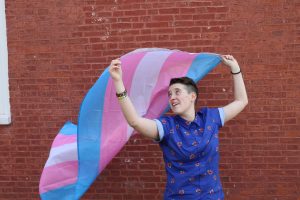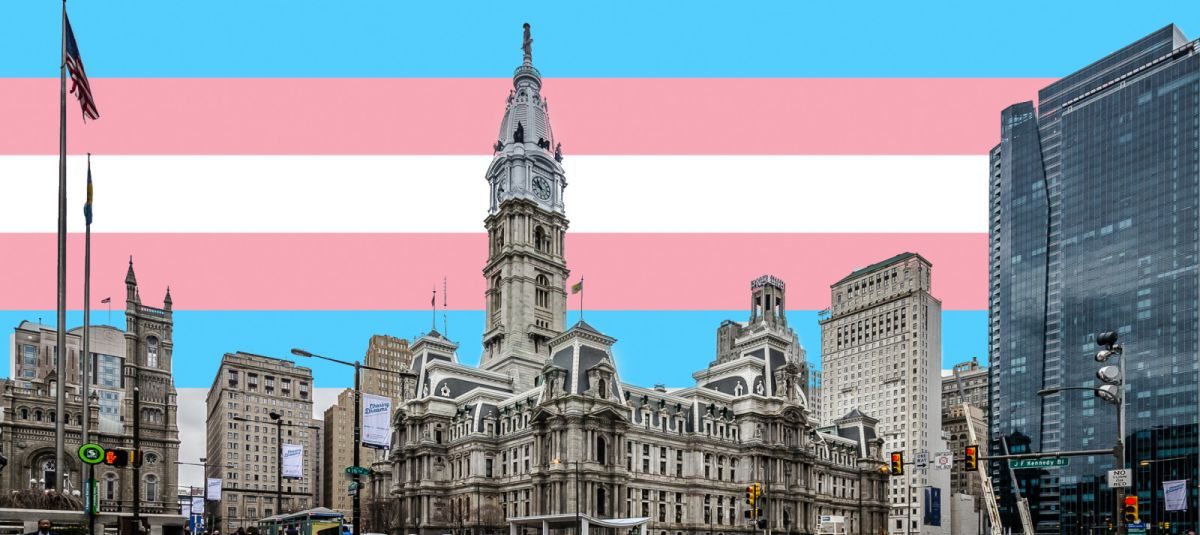
Through the course of the semester, this class showed me the crucial role of educators, the importance of community organizing, and the potential role that I can play as a community member. According to Cochran-Smith (2010), schools are obligated to eliminate the oppression of social groups that are upheld in societal norms, educational policies, and practices. However, even though our public education school system is theoretically built on the commitment to provide equal educational opportunities to all students, findings from the 2013 National School Climate Survey published by GLSEN show that we are failing our transgender students. For instance, reports from the survey reveal that only 4.7% of educators intervene when hearing homophobic remarks in school—with 42.3% never intervening, 38.9% sometimes intervening, and 14.1% intervening most of the time. Sadly, when the negative remarks are about gender expression (i.e., gender presentation; masculine, feminine, androgynous) the percent of educators who intervention decreases significantly with only 2.4% of educators always intervening, 59% never intervening, 30.8% sometimes intervening, and 7.8% intervening most of the time (GLSEN, 2013). Although these statistics are scary, this class showed me that this oppressive school environment can change and become welcoming and affirming of transgender youth. So, for me, the most important thing that I took away from this course was that not only can educators, organizers, and/or educator-organizers positively impact the lives of transgender students, but they have the responsibility to alleviate the suffering of their transgender students.
As a non-binary transperson myself, this topic is close to my heart. I came to Bowdoin without the language or spaces to have conversations about the range of sexualities and genders—and didn’t know that I could be something other than a straight, cisgender person. Throughout my time here, I’ve been exposed to language that helped me understand “non-normative” identities, which allowed me to find my authentic self and come to my identity as a queer, non-binary transperson. I love that as a Gender, Sexuality, and Women’s Studies and Psychology double major, I can pursue my interest in learning more about queer people through an academic lens, which has thus far engaged me in sociology, religion, education, psychology, and philosophy. I am particularly grateful to have looked at the queer experience through an education lens. Starting with exposure to gender and sexuality in schooling in an education class last semester, I chose to research, analyze, and write my final paper on Paulo Freire’s concept of liberation education and how cultivating critical consciousness has the potential to make schools safe spaces for transgender students. This semester, I have furthered this research in both my psychology seminar, Social Identities and Stigma, and education class, Urban Organizing. In Urban Organizing I have had the ability to dig even deeper into the issues confronting the transgender community, both nationally and in Philadelphia. As a Philadelphia native, I wanted to address the transgender issues and the available resources in my community. Starting this project, I never thought that grassroots organizing could have—and would have—played such a vital role in the creation of community and spaces of advocacy for transgender individuals and allies. Through exploring grassroots organizations that address transgender topics in Philly and nationally, I came to understand the beautiful potential that community organizing has for alleviating the suffering of transgender youth.
More specifically this year, I have developed quite a passion and interest in Freirean methods of organizing. In class, we all learned about different organizers and their organizing strategies—including Paulo Freire, Saul Alinsky, Ella Baker, and John Dewey. However, I always favored the Freirean methods over that of Alinsky (who used a conflict-oriented and pragmatic style of organizing focused on mass-recruitment and winning achievable goals) (Martinson & Su, 2012, 59-61). I preferred the Freirean approach because of its focus on building a collective understanding of social conditions in order to produce social change through liberation education. Furthermore, my love of Freire centered on developing critical consciousness, which I perceived as the key for individuals to effectively learn, discuss, and create action on their oppression. Through Freire’s approach, communities work to build a collective understanding of their social conditions with the end goal of producing social change. Thus, through this class, I have become Freire’s number one fan and believe wholeheartedly that the Freirean methods of organizing—specifically on the cultivation of critical consciousness—are central to being successful in community organizing. In all, Freirean organizing methods give me hope that we can reach equity in our schools and follow through on the promise of providing equal educational opportunities for all.
~Lex (They/Them/Theirs)

https://www.thecoast.ca/halifax/transphobic-slurs-in-the-classroom/Content?oid=13147899
